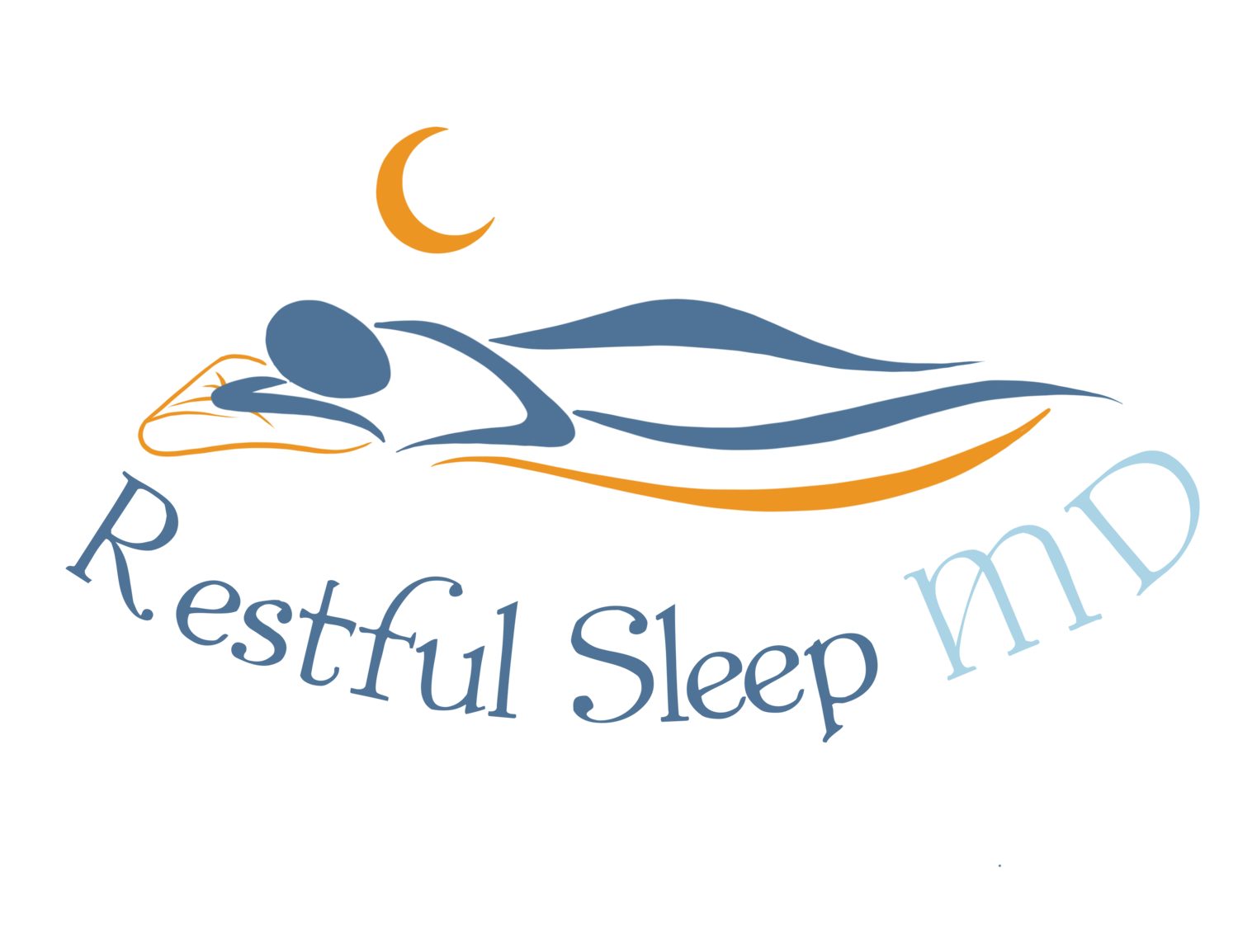How Do I Know If My Child Has a Sleep Disorder?
Sleep is critical for a child’s growth, development, and emotional well-being. When a child struggles to get quality rest, it can impact every area of their life — from mood and learning to overall health. At Restful Sleep MD in Philadelphia, Dr. Funke Afolabi-Brown, a triple-board-certified sleep medicine physician, helps families recognize and treat pediatric sleep disorders with expert, compassionate care.
With nearly two decades of experience and a background as a former faculty member at The Children’s Hospital of Philadelphia, Dr. Brown uses a family-centered approach to guide children toward healthier sleep and empower parents with lasting strategies for success.
Recognizing Pediatric Sleep Disorders
Many sleep challenges in children can go unnoticed, but understanding the signs can help you take action early. Common signs of a pediatric sleep disorder include:
Difficulty falling asleep or staying asleep through the night
Daytime fatigue or trouble waking up in the morning
Frequent nightmares, sleepwalking, or episodes of night terrors
Loud snoring, gasping, or pauses in breathing during sleep
Behavioral issues like irritability, poor concentration, or declining school performance
If you notice any of these symptoms, consulting with a pediatric sleep specialist can make a significant difference in your child’s quality of life.
Common Types of Pediatric Sleep Disorders
At Restful Sleep MD, we diagnose and treat a wide range of sleep disorders in children, including:
Behavioral Sleep Issues: Challenges tied to bedtime routines, limit-setting, and sleep habits.
Pediatric Insomnia: Persistent trouble falling or staying asleep.
Parasomnias: Including nightmares, night terrors, and sleepwalking.
Nocturnal Enuresis (Bedwetting): Persistent nighttime wetting beyond the typical age.
Delayed Sleep Phase Disorder: A shifted internal clock that leads to very late bedtimes and difficulty waking up.
Pediatric Sleep Apnea: Disrupted breathing during sleep, often accompanied by snoring or restless sleep.
Narcolepsy: A neurological condition that causes extreme daytime sleepiness and other symptoms.
Early diagnosis and treatment are key to preventing these conditions from affecting a child’s development and daily functioning.
Our Comprehensive Approach
At Restful Sleep MD, Dr. Brown uses a detailed, individualized approach to pediatric sleep care. Each child receives a thorough evaluation, including a complete review of medical history and sleep habits. Diagnostic tools like polysomnography (sleep studies) or home-based monitoring may be used when needed.
Treatment plans are personalized and may include:
Behavioral strategies: Improving bedtime routines and sleep hygiene.
Therapeutic interventions: Techniques like relaxation training or Cognitive Behavioral Therapy for Insomnia (CBT-I).
Medical management: When necessary for conditions like sleep apnea or narcolepsy.
Parent education: Giving families the knowledge and tools to support their child’s sleep long-term.
Support Every Step of the Way
We believe in building lasting partnerships with families. Our concierge-style care model ensures direct access to Dr. Brown for questions and follow-ups, with continuous adjustments to treatment plans to maximize progress. Contact Restful Sleep MD today to schedule a consultation and take the first step toward better sleep — and better health — for your child.



